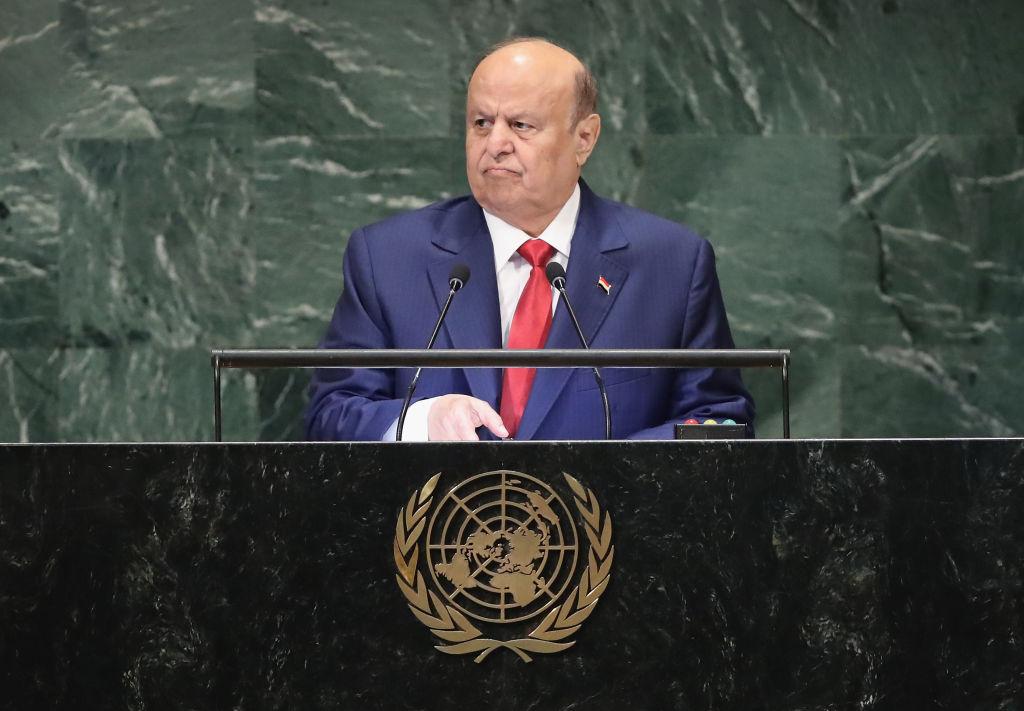ADEN—The Saudi-backed Yemeni government said on Nov. 1 it was ready to work on confidence-building measures under U.N.-led peace efforts as the United States pressed for an end to a war that has pushed Yemen to the brink of starvation.
Saudi Arabia and the United Arab Emirates, who are leading a coalition fighting Yemen’s Iranian-aligned Houthi insurgents in a conflict that has lasted more than three years, have yet to publicly comment on calls by the United States and Britain for a ceasefire.





